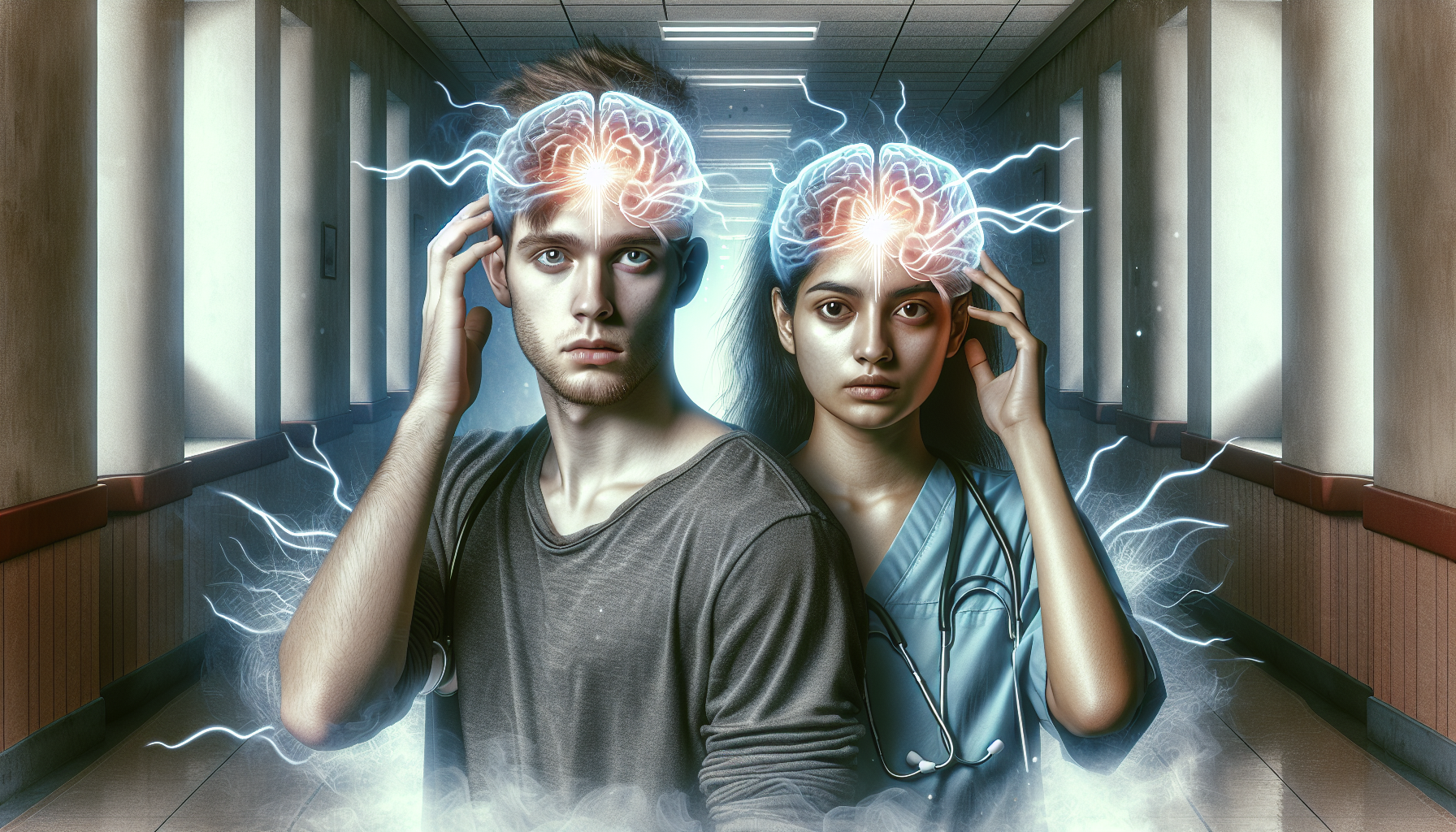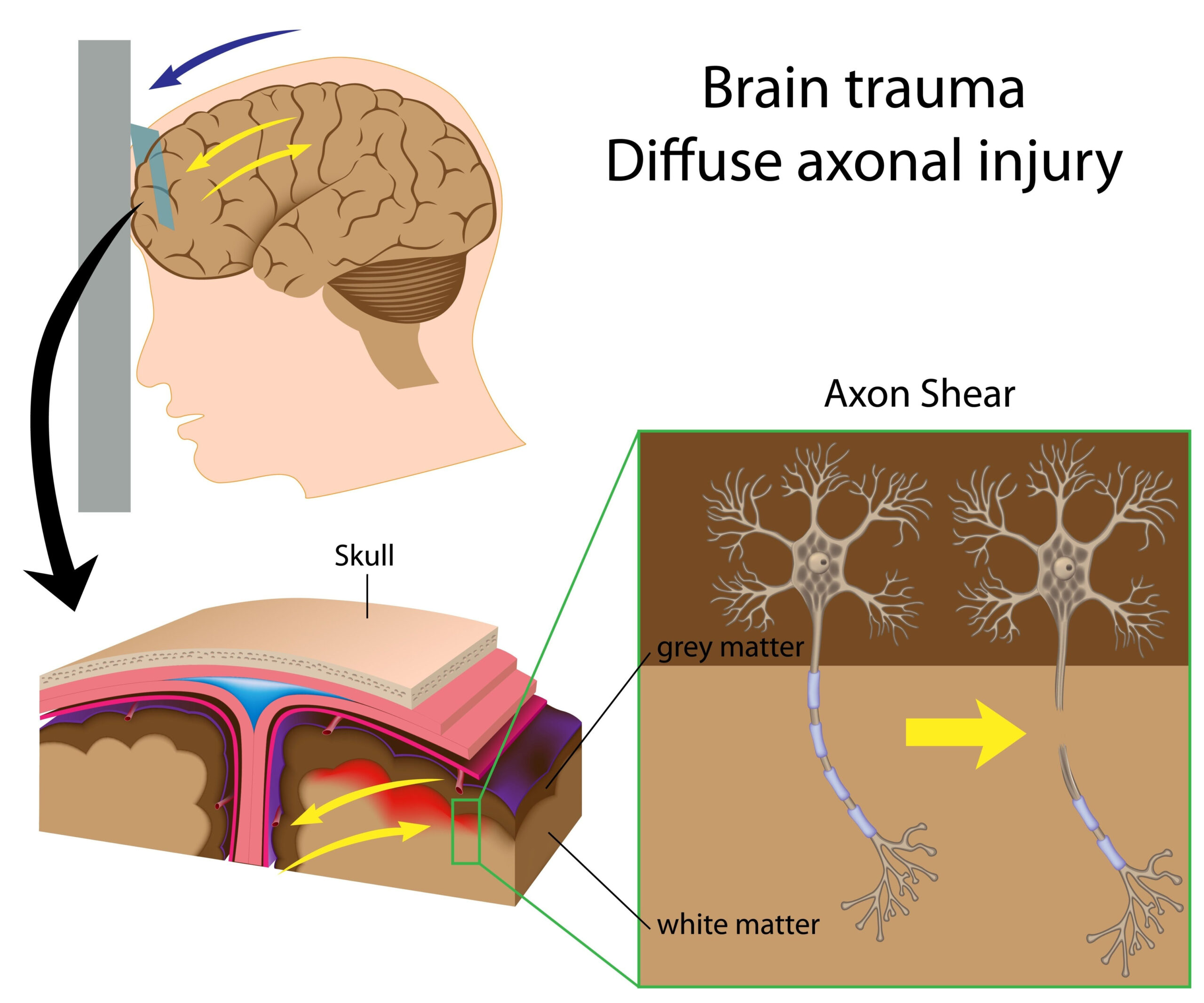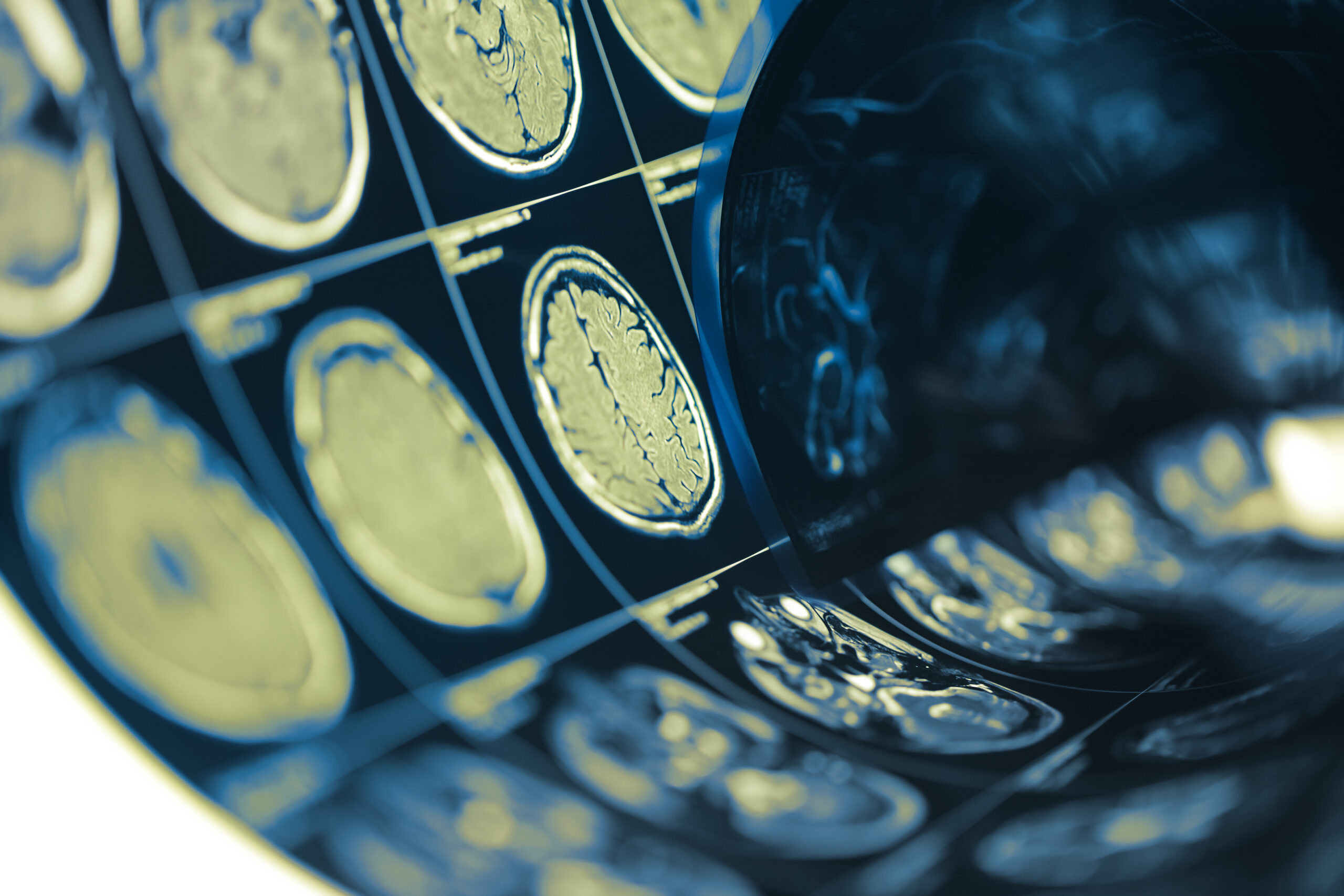
One of the most common early mild TBI symptoms is a persistent headache or a feeling of pressure in the head. Unlike the typical headaches associated with stress or dehydration, these can be continuous or appear repeatedly over several days following a head injury. The pain might feel like a dull ache or more intense, and can worsen with physical activity, blinking, or even slight movements of the head. This lingering discomfort is often overlooked, particularly when there are no external signs of trauma, but it is one of the critical warning signs that neurological changes may be occurring inside the brain.
Such headaches are frequently reported in individuals who have sustained a concussion, and they can indicate underlying issues such as swelling, disrupted blood flow, or microscopic damage to brain tissue. What differentiates concussion effects from typical headaches is their persistence and association with other symptoms like nausea, blurred vision, or confusion. If the pressure does not subside within a few days or grows more intense, it’s essential to seek medical attention. Timely evaluation helps to reduce the risk of prolonged recovery and possible long-term complications that can develop from an unaddressed traumatic brain injury.
Dizziness and balance issues
Feeling unsteady on your feet or experiencing episodes of dizziness after a head injury can be one of the earliest and most telling mild TBI symptoms. These sensations often emerge within hours or days following the incident and may persist even when the individual is at rest. Dizziness may range from a lightheaded sensation to vertigo—a spinning feeling that can occur even when lying down. Accompanying this can be trouble with balance, which may manifest when walking, turning too quickly, or bending over. These symptoms may be subtle at first but tend to worsen when ignored, interfering with everyday tasks and increasing the risk of falls or further injury.
Balance disturbances are not just physical inconveniences; they can be a serious warning sign of neurological impairment. In mild traumatic brain injury, areas of the brain responsible for spatial orientation and equilibrium can be temporarily disrupted. Concussion effects on the vestibular system, which controls balance and motion, are particularly common in such cases. Individuals may notice difficulty coordinating movements or find it hard to judge distances—sometimes brushing against door frames or stumbling for no clear reason. Even a short-lived sensation of imbalance deserves attention, as it can point to deeper post-concussive processes that require monitoring and, in some cases, rehabilitation.
What makes these signs especially important is that they may not be present immediately after the head trauma, and by the time they appear, the brain could already be struggling to cope with the injury’s impact. Dizziness and loss of stability should never be dismissed as merely feeling worn out or dehydrated, especially if they occur in conjunction with other mild TBI symptoms. Identifying these early on and consulting a healthcare professional are key in avoiding complications that could significantly extend recovery time or result in chronic issues.
Sensitivity to light and noise
Sensitivity to light (photophobia) and noise (phonophobia) are common mild TBI symptoms that often emerge shortly after a head injury but can persist for days or even weeks. Individuals may suddenly find that everyday lighting feels painfully bright, or that routine sounds—such as the buzz of a fluorescent lamp or the chatter in a café—become overwhelming or intolerable. These sensitivities are not just uncomfortable but signal disruptions in the brain’s sensory processing pathways, which can be an early warning sign that neural regulation has been affected by the trauma.
In many cases, people experiencing these symptoms may withdraw from noisy or well-lit environments, opting for dark rooms or avoiding busy public places altogether. This behavioural change often goes unnoticed by others but serves as a coping mechanism against the intensified sensory input. Even soft music, gentle lighting, or a passing siren can cause significant distress, headaches, or even nausea. Concussion effects on the brain’s thalamus and sensory cortices may trigger these exaggerated responses, which are not psychological but neurological in origin.
What makes light and noise sensitivity particularly problematic is that it interferes with sleep, concentration, and social activities, exacerbating other mild TBI symptoms such as mood swings or memory lapses. Attempting to power through these reactions without rest or accommodation can delay the brain’s healing process. While these symptoms may seem minor in comparison to more overt signs of injury, they are crucial indicators of how the brain is coping—or struggling—in the aftermath of trauma. Monitoring changes in sensory tolerance and discussing them with a medical professional is vital to ensure the condition doesn’t worsen or become chronic.
Difficulty concentrating or remembering
After a mild traumatic brain injury, many individuals experience noticeable changes in their cognitive abilities, particularly when it comes to concentration and memory. You may find it unusually difficult to stay focused on tasks that previously felt routine, such as reading, working, or even following a conversation. This difficulty concentrating isn’t just a result of distraction—it’s often a consequence of disruptions in the brain’s cognitive control centres, such as the frontal lobes, which can be affected by concussion effects. Struggling to remain attentive or zoning out during discussions can be one of the early warning signs of a mild TBI and shouldn’t be ignored.
Memory issues following a head injury are just as concerning. These may involve forgetting recent conversations, misplacing everyday items more frequently, or failing to recall scheduled appointments. While everyone occasionally forgets things, when this pattern is new and persistent following a bump to the head, it may indicate the brain is not processing and storing information as efficiently as it should. Short-term memory impairments are often more prominent, making it difficult to retain new information or to keep track of multiple steps in a sequence, such as cooking, shopping, or filling in forms.
People experiencing these mild TBI symptoms may also become frustrated with themselves, which can amplify further issues like anxiety or anger. It’s particularly troubling when mental fatigue sets in quickly after minimal effort. Someone reading a short article or answering a few emails might feel utterly worn out—it’s not just physical tiredness, but a cognitive exhaustion stemming from the brain working harder than usual to cope with basic tasks. These problems may go unnoticed in the immediate aftermath of injury, especially when there are no external signs of harm, but they are significant indicators that brain function has been temporarily altered.
The impact of these cognitive changes often becomes obvious when attempting to return to work, study, or routine activities that demand sustained attention or mental agility. Tasks that once came naturally may now require extraordinary effort, and mistakes can become more frequent. This doesn’t mean permanent damage has occurred, but it does highlight the need for rest and evaluation. If you or someone you know is experiencing memory lapses or trouble focusing following a head injury, it’s crucial to consult a healthcare professional. Identifying these subtle yet profound effects early can help to guide rehabilitation and prevent longer-term complications that often arise when warning signs of mild TBI are overlooked.
Changes in mood or behaviour
One of the more subtle yet impactful mild TBI symptoms can manifest through noticeable changes in mood or personality. These shifts often go unrecognised in the immediate aftermath of a head injury, especially when there are no visible wounds or when the affected individual minimises their own experience. However, changes such as increased irritability, anxiety, depression, or even bouts of unexplained anger can be significant warning signs that the brain is struggling to regulate emotional responses following trauma. Loved ones may be the first to observe these changes, noting that the person “just isn’t themselves” or seems uncharacteristically withdrawn or agitated.
These emotional ups and downs are not simply behavioural quirks—they’re often a result of disruption in the areas of the brain that govern emotions, particularly the limbic system and the prefrontal cortex. Concussion effects on these regions can impair impulse control, emotional regulation, and one’s ability to cope with everyday stressors. For example, someone who was once calm under pressure might become easily overwhelmed or prone to tears over minor frustrations. Alternatively, apathy or a noticeable lack of interest in previously enjoyed activities may set in, which can be misinterpreted as laziness or indifference rather than a sign of neurological distress.
What makes these mood alterations particularly challenging is that they may not correlate directly with the severity of the initial injury. Even mild blows to the head can lead to profound emotional effects, and these often surface days or weeks after the incident, making it harder to connect them to the original trauma. In some cases, these emotional changes can persist, affecting relationships, job performance, and overall quality of life if not addressed appropriately. It’s crucial to understand that these symptoms are rooted in altered brain function and are not merely psychological responses.
For individuals experiencing mood swings or behavioural changes, early recognition and support are essential. These symptoms can be among the most distressing for both the individual and those around them, and they may worsen if left unacknowledged. Seeking medical evaluation can help determine whether these are indeed concussion effects and whether therapeutic interventions—such as cognitive behavioural therapy or occupational support—might be beneficial. Recognising changes in emotional state as potential warning signs of mild TBI is a key step in promoting recovery and preventing these issues from becoming long-term complications.


